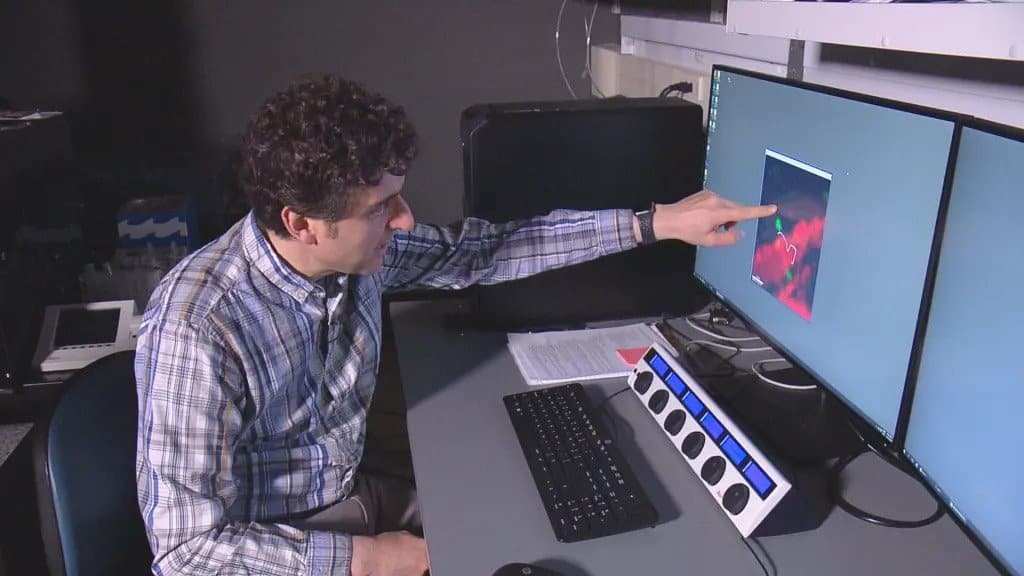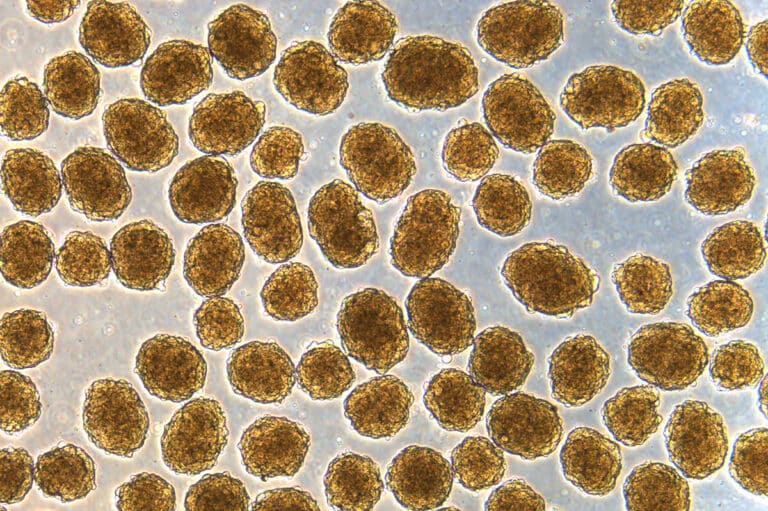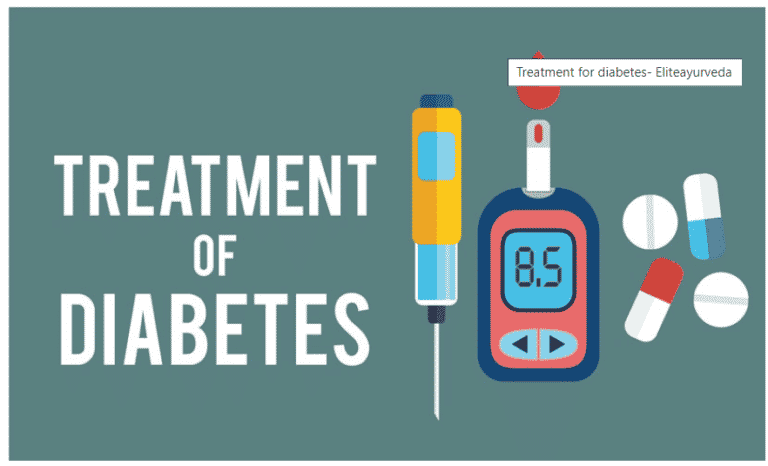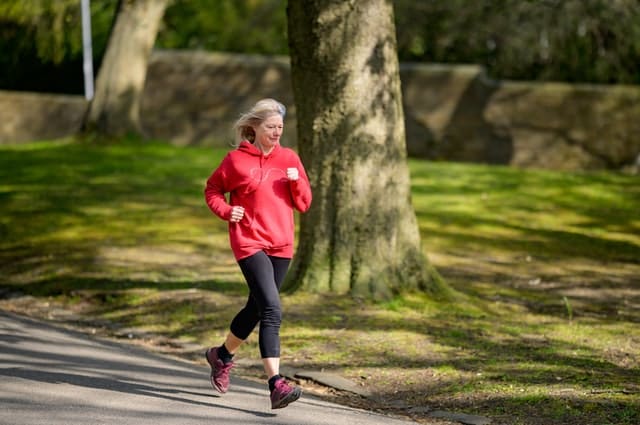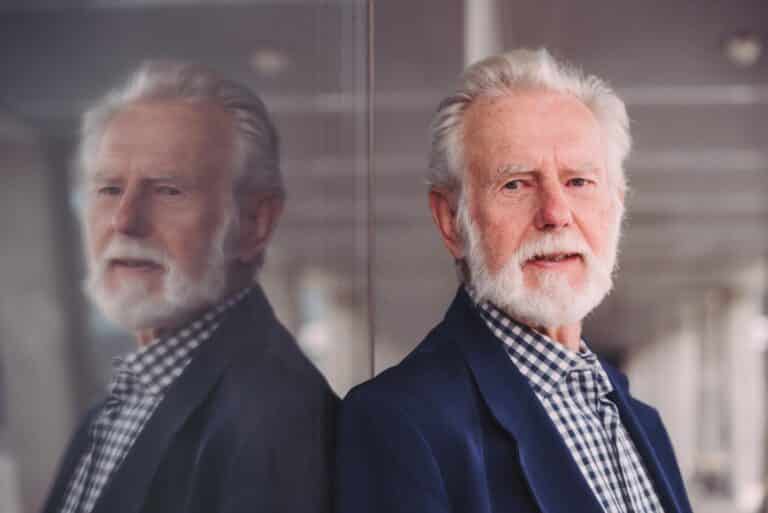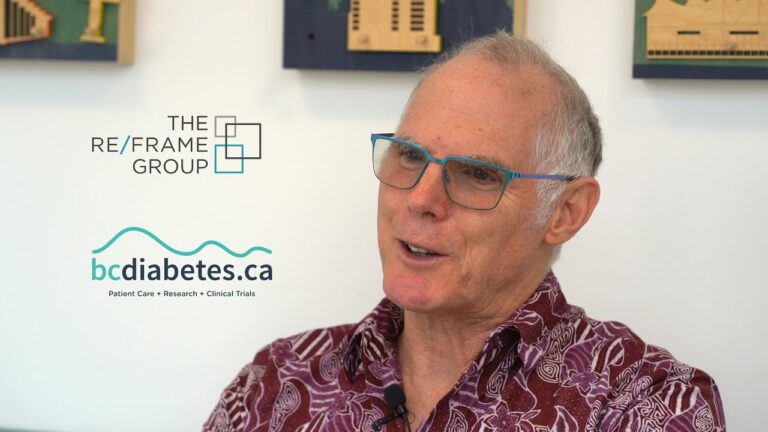Colorado Researchers Working Toward A Cure For Type 1 Diabetes
Previously Published on denver.cbslocal.com – Some of the most advanced research in diabetes is being done right here in Colorado. The Barbara Davis Center is world renowned for the care and research of Type 1 diabetes. On the first floor at the center, doctors provide care to patients. In the labs on the upper floors, researchers are studying the disease on a microscopic level.
“We can directly observe the interactions between different types of immune cells within the disease site,” said Rachel Friedman, Associate Professor at the Barbara Davis Center and the Department of Immunology & Microbiology at the University of Colorado Anschutz School of Medicine.
She watches immune cells interact with cells in the pancreas. In some cases, they interact without harm, and other times the immune cells kill the cells in the pancreas. “The cell has just been killed because it loses its fluorescents,” she explained as she showed a recording of a cell interaction from a microscope. Type 1 diabetes occurs when the immune system mistakenly attacks insulin producing cells.
Mistaken immune response in Type 1 Diabetes
“We really need to understand where this immune response is going wrong, and why we’re ending up with, essentially ‘friendly fire’, and destruction of a tissue that shouldn’t be destroyed,” Friedman said.
In order to cure Type 1 diabetes, the mistaken immune response has to be stopped. Jordan Jacobelli is working on that intervention. He’s also an Associate Professor in at the Barbara Davis Center and the Department of Immunology & Microbiology at the University of Colorado Anschutz School of Medicine.
“We’re trying to understand how the cells of the immune system move throughout the body,” he explained.
Understand and eventually cure T1D
He watches how the immune cells leave a blood vessel and go into the pancreas. He wants to create a targeted therapy to stop that movement.
“These cells would not be able to enter the pancreas and destroy the beta and islets that make insulin, but they would still be able to move through other organs and other tissue in the body of a patient and protect those patients,” Jacobelli told CBS4.
These studies are among many that are underway to understand and eventually cure Type 1 diabetes. Other researchers are looking at ways to replace the insulin producing cells after they’re gone. It’s an exciting time for research of Type 1 diabetes at the Barbara Davis Center. The center is funded by the Children’s Diabetes Foundation.
Previously Published on denver.cbslocal.com

